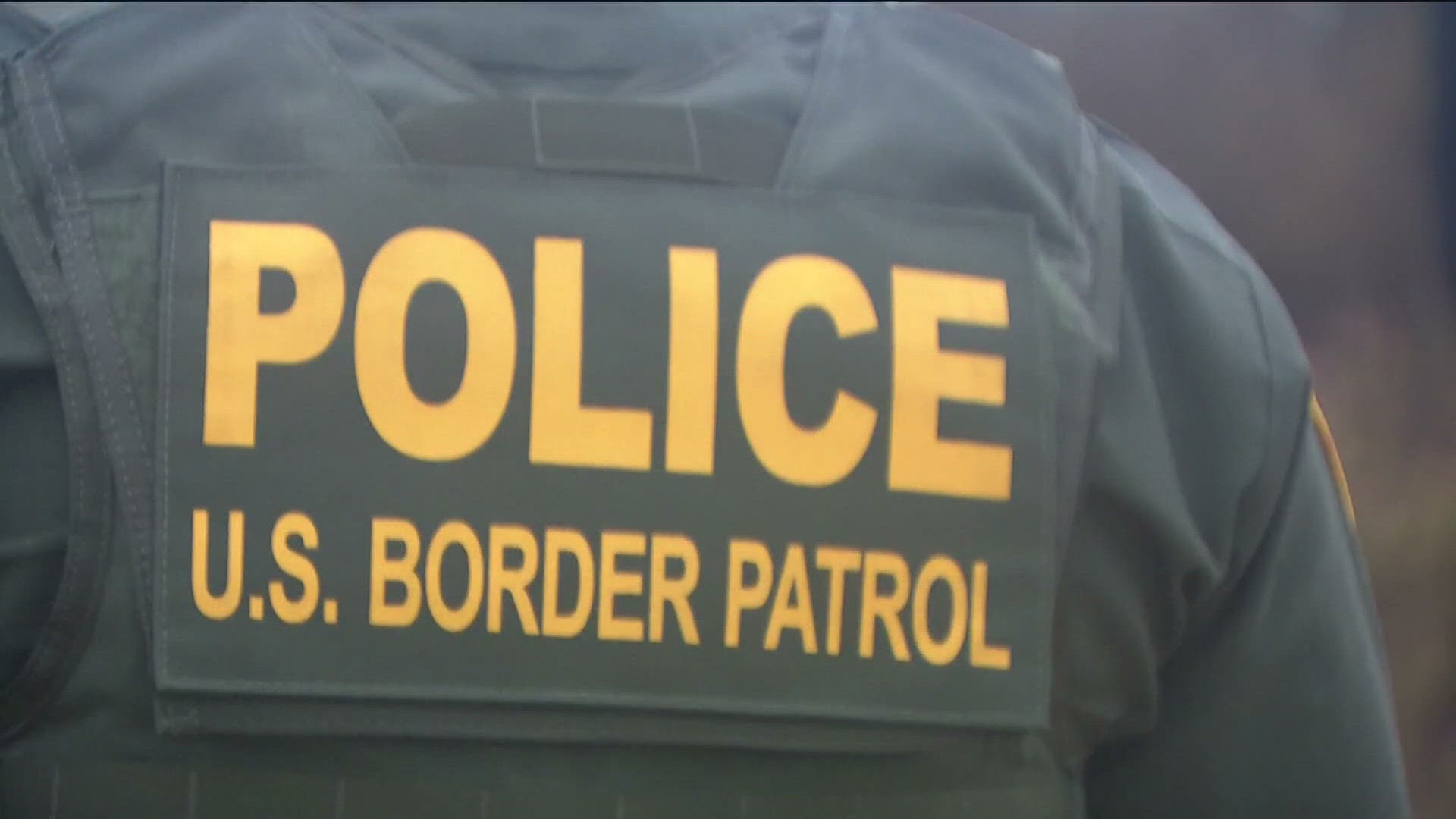Former Border Patrol Agent Sentenced for Bribery Scheme, Checkpoint Corruption
A federal court sentenced 54 year old Jorge J. Jimenez of Nogales to more than six years in prison and imposed a fifteen thousand dollar fine after his conviction for accepting bribes and allowing vehicles to pass without inspection at the I Nineteen checkpoint. The case highlights concerns about insider corruption at interior checkpoints and raises questions about oversight, accountability, and public trust in local border security operations.

A federal judge on November 17, 2025 sentenced Jorge J. Jimenez of Nogales to more than six years in prison and ordered a fifteen thousand dollar fine after his conviction in a bribery scheme tied to the Interstate Nineteen checkpoint. Court records presented at trial detailed that Jimenez, who is fifty four, worked at the checkpoint between June and October of 2024 and conspired with two associates in Mexico to permit specified vehicles to pass without inspection in exchange for payments.
Prosecutors referenced approximately twenty thousand dollars in expected total payments in court documents, and investigators traced the scheme to transactions and coordination that bypassed standard inspection protocols. The conviction followed a federal investigation summarized by law enforcement officials in coverage published by KYMA on November 17, 2025. Department of Homeland Security Inspector General Joseph V. Cuffari said the sentence underscores efforts to root out corruption within Border Patrol ranks.
The case carries direct implications for Yuma County residents and motorists who rely on interior checkpoints for public safety and enforcement of immigration and customs laws. Allowing vehicles to pass without inspection can enable trafficking, smuggling, and other criminal activity that affects community safety and law enforcement workloads across the region. The breach also erodes public confidence in agencies charged with securing the border and enforcing federal regulations.
Policy and institutional questions are likely to follow. The conviction will prompt renewed scrutiny of hiring, supervision, internal monitoring, and the effectiveness of Inspector General oversight in preventing and detecting misconduct. Local leaders and county residents may expect clearer reporting on corrective measures, disciplinary actions, and any changes to checkpoint procedures to restore accountability and transparency.
For community members seeking assurance, the case demonstrates that federal investigators and prosecutors pursued the allegations through trial and sentencing. The sentence signals an enforcement response, while also pointing to broader needs for ongoing vigilance, stronger internal controls, and public safeguards to prevent similar misconduct at checkpoints that affect Yuma County.


